Overview
The Government of the District of Columbia operates under Article One of the United States Constitution and the District of Columbia Home Rule Act, which devolves certain powers of the United States Congress to the Mayor and thirteen-member Council.
The Mayor of the District of Columbia is the head of the executive branch, overseeing 21 Departments, 33 independent agencies, roughly 69 legislatively mandated offices and 5 regional bodies. These include all city services, public property, police and fire protection, District of Columbia Public Schools, The University of the District of Columbia (UDC) and UDC-Community College. The mayor's office oversees an annual city budget of roughly $8.8 billion. http://dc.gov/directory
The Council of the District of Columbia is the legislative branch. Each of the city's eight wards elects a single member of the council and residents elect four at-large members to represent the District as a whole. The council chair is also elected at-large. http://dccouncil.us/
There are 37 Advisory Neighborhood Commissions (ANCs) elected by small neighborhood districts. ANCs can issue recommendations on all issues that affect residents; government agencies take their advice under careful consideration. http://anc.dc.gov/
The District of Columbia Court of Appeals is the highest court. Established in 1970, it is equivalent to a state supreme court, except that its authority is derived from the United States Congress rather than from the inherent sovereignty of the states. http://www.dccourts.gov/internet/appellate/main.jsf
The Superior Court of the District of Columbia is the local trial court. It hears cases involving criminal and civil law. The court also handles specialized cases in the following areas: family court, landlord and tenant, probate, tax, and traffic offenses. http://www.dccourts.gov/internet/

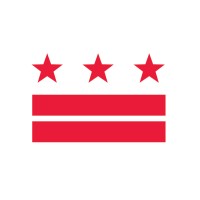

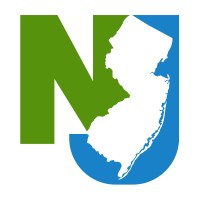
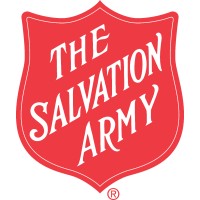
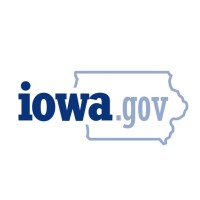

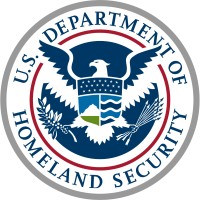


Social Networks [DC gov]: